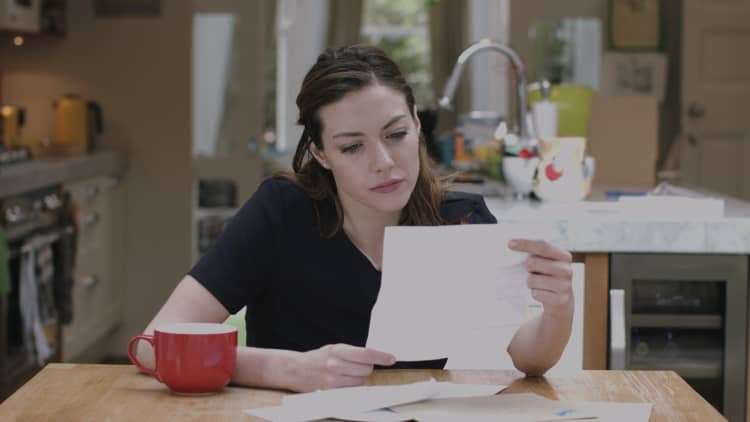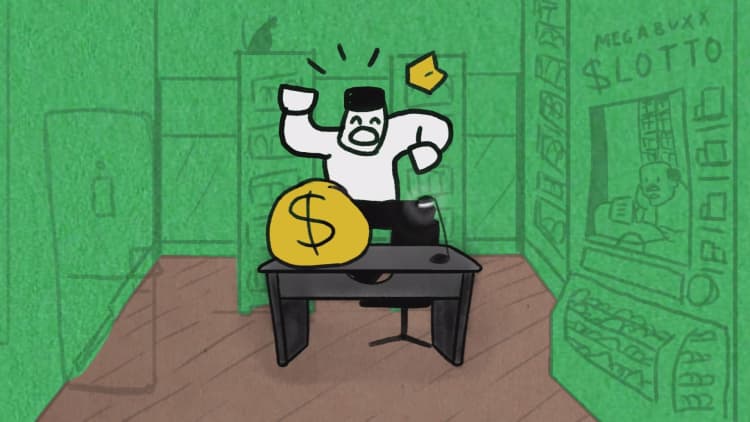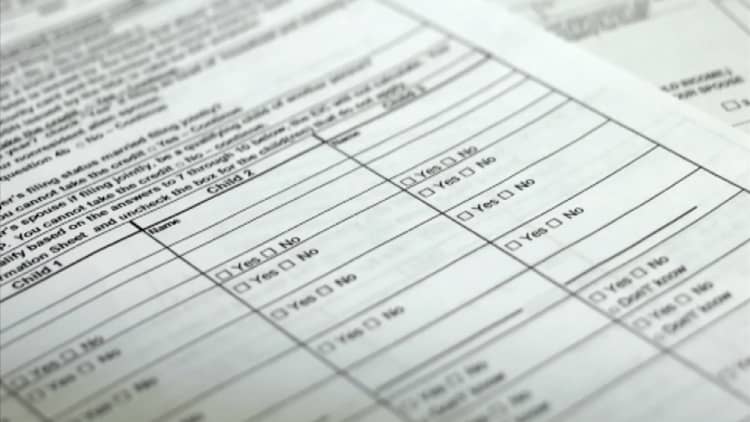For 2019, the deadline to file your taxes was April 15 in nearly all states. Residents of Maine and Massachusetts have until April 17, while certain other citizens, including those who live abroad and disaster victims, have longer.
If you requested an extension, which also had to be done by April 15, you'll have until October 15 to file your taxes. An extension to file, however, is not the same as an extension to pay. To avoid accruing interest and facing a late fee, you should have already paid what you owe by the deadline.
If you didn't get it done, there are a few things you need to know to avoid some potentially serious penalties.
Go ahead and file anyway
File your taxes, even if they're past due. If you didn't file for an extension but are owed a refund, there are no penalties for filing late. Still, you should file as soon as you can: In cases where a return is not filed, most people are allowed a three-year window to claim their refund before the money becomes the property of the U.S. Treasury.
The scenario changes if you didn't file for an extension but you do owe money. You could be subject to the failure-to-file penalty, which could cost 5% of your total tax bill each month it goes unpaid after the deadline, up to a maximum of 25% of what you owe.
If your bill remains unpaid, it could damage your credit score or even lead to criminal prosecution. So file as soon as possible, even if you can't pay.

Know your repayment options
If you aren't able to cover the total amount you owe right away, you may be able to put together a payment plan. The IRS's short-term payment plan allows you to make monthly payments to chip away at your debt, as long as you can get through your entire bill within 120 days.
Interest and penalties will still accrue until the total is paid off, but there are no additional application fees.
For more significant amounts, you may be eligible for a long-term payment plan, in which case you'll have more than 120 days to pay off your debt. You will have to pay additional application fees, however.
You could also be eligible for an "Offer in Compromise," if the IRS determines "you can't pay your full tax liability, or doing so creates a financial hardship." This option allows you to pay less than you owe if you meet certain qualifications.

If the IRS decides that you can't pay anything, it can temporarily delay collection until your financial situation improves. Interest is still charged until you pay in full, however, and the agency may file a federal tax lien against your property to "protect the government's interest in your assets."
That could mean the government has the first legal claim to your assets, like your house or car, and could seize and sell them in order to pay off your debt.
Do your homework
If you owe the IRS, your specific tax situation will determine which options you qualify for. Regardless, the sooner your address your situation, the better: You'll have more time to negotiate a lower payment and you may accumulate fewer penalties.
On the flip side, if the government owes you, the sooner you file your taxes, the sooner you'll get a refund.
After the deadline, tax expert availability will vary from firm to firm. But rather than trying to avoid the problem of your taxes, do some research, talk to a professional and work together toward a solution.
This is an updated version of a previous published story.
Like this story? Subscribe to CNBC Make It on YouTube!




